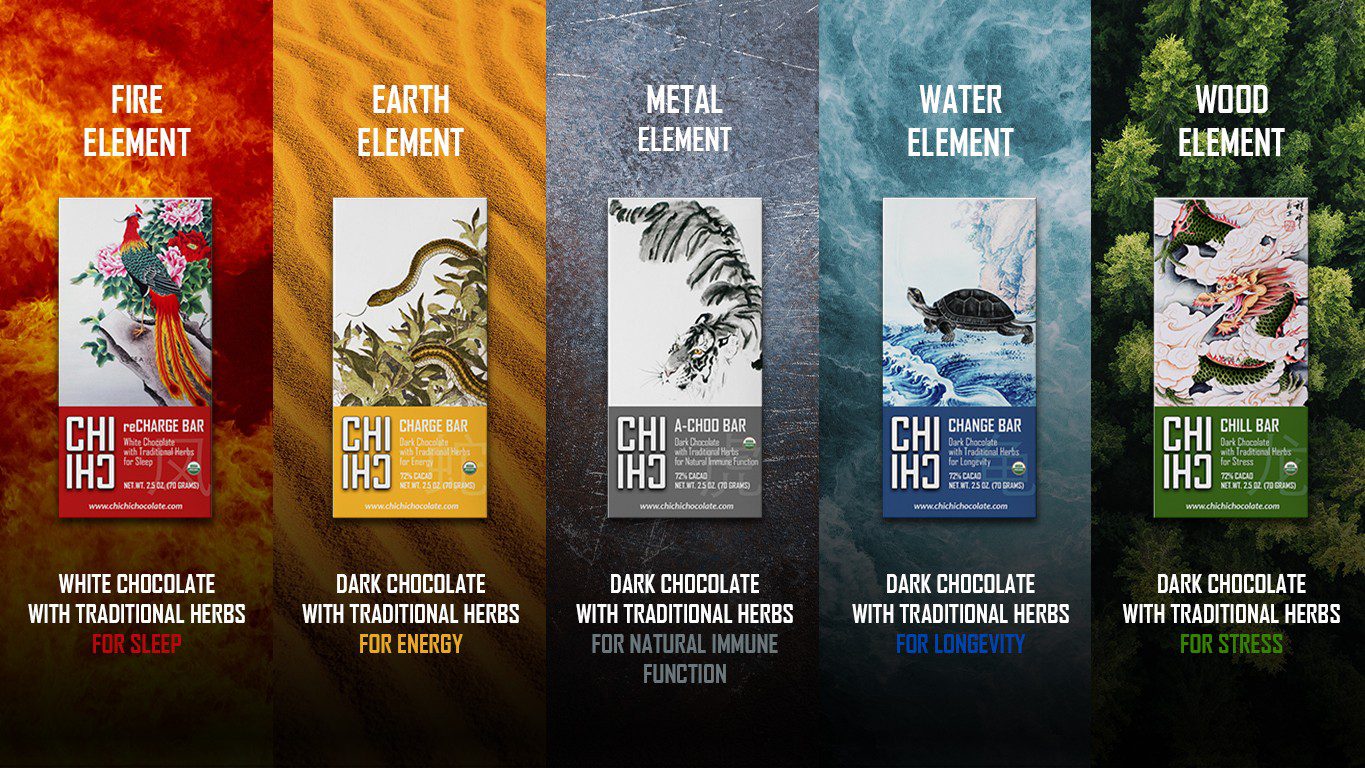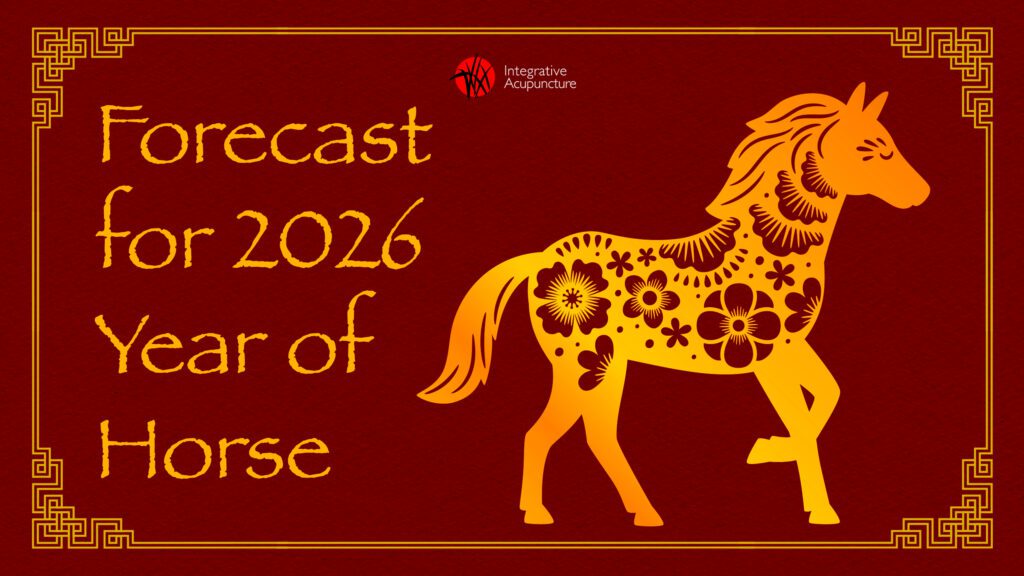The heart is an energetic system often treated in Traditional Chinese Medicine. According to Chinese Medicine theory, there are many systems of energy within the body. Each of these systems corresponds to certain physiological and psychological functions. When we speak about organs in Chinese Medicin , we are talking about the physical organ sitting in your body in addition to the energetic manifestations of a particular system in the physical, mental, emotional and spiritual realms.
The heart is an incredibly important energy system in Chinese medicine, often said to be the emperor of all the other energy systems. It is related to the fire element, which is the universal energy of summer.
On a physical level, it is responsible for pumping blood through our body, just as it is in allopathic medicine. It controls the health and vitality of the blood vessels, and also controls sweating, the tongue and speech. But perhaps the most important role of the heart in Chinese medicine is that it houses the Shen, or spirit.
Shen in Chinese Medicine is referred to as one of the three treasures of the body, and it encompasses consciousness, the emotions, mental acuity and thought, as well as the ability to process incoming sensory information. Each organ system in Chinese medicine is related to one aspect of the spirit (such as intellect, willpower or instinct) – but Shen is the most important, as it governs all the other aspects. Prolonged emotional upheaval, mental illness, personality disorders, emotional imbalance, processing disorders and sensory disorders all are manifestations of a disturbed, ungrounded or weakened Shen.
The emotion associated with the heart is joy. This means that joy nourishing, but excessive joy (ie, mania) is a symptom of an imbalance in this system.
The heart is all about the very act of being alive – from the physical beating in our chest, to the flow of blood through our veins, to our mental ability to stay present and focused, and our emotional selves being whole and complete. It is the energy of summertime – abundant, hot and lively.

Nourish The Heart Through Food
The color associated with the heart is red, and its is nourished through red foods, such as cherries, strawberries and kidney beans. Being closely associated with the blood, it is also nourished by blood-tonifying foods such as organ meats, lean red meat and dark leafy greens. The heart is closely tied to appreciation of beauty and aesthetics, so the heart system is also nourished by food for which care has been given to present artfully, with beauty and grace, and a wide array of colors on one plate. Again, the heart is associated with summertime, so think of the abundance of fruits and vegetables available that time of year, and try to reflect that energy in your food choices.
Nourish The Heart Through Your Habits
The heart is nourished through activities that bring you cheer and joy. Nourishing the heart is about celebrating that which you love in the world – people, places and ideals. As the heart governs our relationships with other human beings, it is nurtured by feeling connected to those that we love. Reach out to friends and family, forge new bridges and strengthen lasting bonds. It is also nourished through beauty – take time to appreciate the beauty of your natural surroundings, as well as music, poetry, art and dance. Lastly, the heart is nurtured by ritual. This can be a long-standing religious or cultural ritual, or one that you create for yourself. Some examples of healthy rituals include writing down five things you are grateful for each night, incorporating some sort of gentle exercise during each morning, practicing 10 minutes of sitting meditation each day, or grab a coloring book and start coloring!
Foods To Improve Heart Health
Wonder how you can help your heart stay in balance? Check out some of these foods you should consume in order to promote good heart health.
Red foods have been shown to help the heart biochemically; foods such as hawthorn berries, strawberries, cherries, raspberries, tomatoes, watermelon, peppers and goji berries keep your heart happy with lycopene and anthocyanin, antioxidants and beneficial vitamins.
Other helpful foods include garlic, cayenne, cilantro, basil, magnesium (found in leafy greens, nuts and soy) and green tea. Also try ginseng, jujube dates, reishi mushrooms, dong quai, seaweed and schizandra berries.
Orange vegetables like carrots have carotenoids and lutein, powerful phytonutrients. And oranges, the fruit, can help decrease your risk of heart disease.






